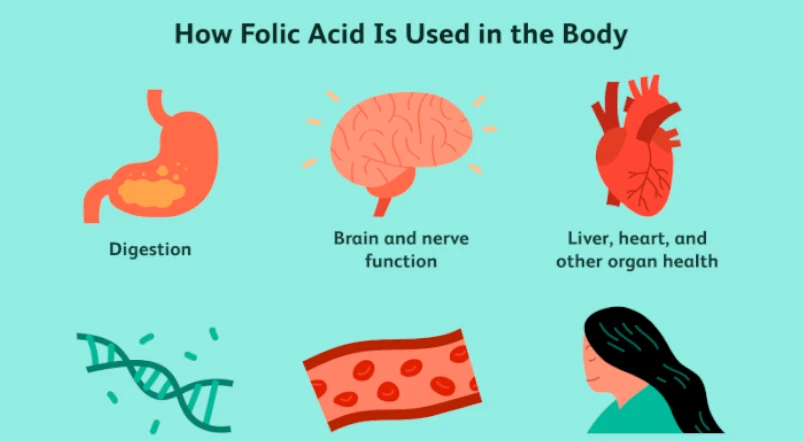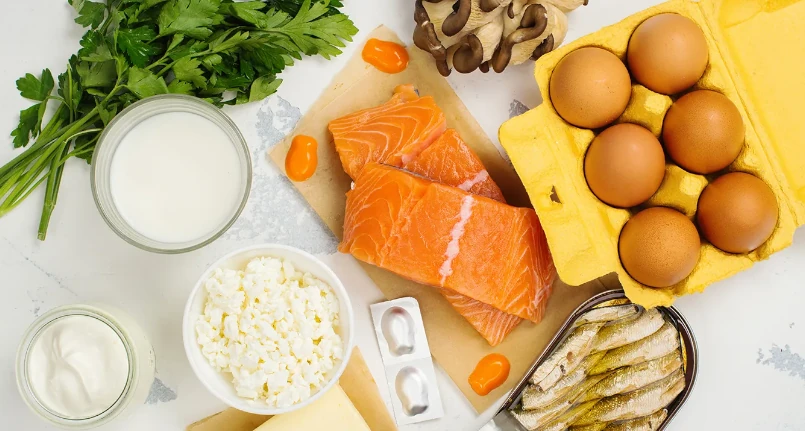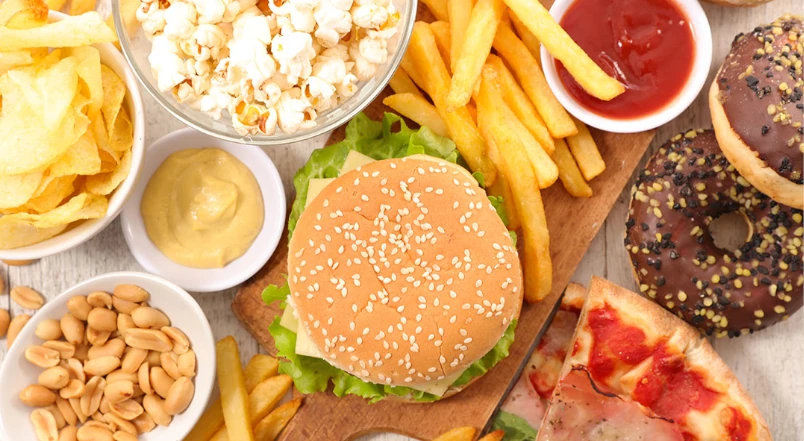When one decides to embrace a diet aimed at weight loss , very often one is directed towards diets with a high protein content such as Atkins , Zone or Paleo.
This is a reasonable choice since proteins are particularly beneficial for the body and in addition to promoting weight loss they help build and repair muscles , however, it is always advisable not to overdo it, since diets of this type have been also associated with various health risks.
The ideal amount of daily protein you should have varies based on a number of factors including age, gender, physical activity , health, overall diet and other variables but in most cases, the recommended maximum for adults can be calculated based on body weight .
For sedentary people, to prevent protein deficiency , experts recommend consuming a daily average of 0.8 grams of protein per kilogram of body weight ( g/kg ) .
This quantity can increase in the event of particularly intense sporting activity and for this reason it is essential to always seek advice from a specialized dietitian or nutritionist.
These are the main problems that can occur if you go overboard and consume too much protein for an extended period of time.
Weight gain
High-protein diets can stimulate weight loss, provided the total calories are still less than the norm-calorie intake.
Conversely, if the calories are too many overall, the excess of this element helps to promote lipogenesis and fat deposit with weight gain .
Halitosis
Eating large amounts of protein can cause bad breath , especially if you limit your carbohydrate intake .
To say it is also a targeted study in which at the end of the observation 40% of the participants had developed this unpleasant effect.
The phenomenon could be partly due to the fact that, in the absence of carbohydrates, the body enters a metabolic state called dietary ketosis, which in turn produces chemicals that give off an unpleasant smell.
Constipation
In the same study, 44% of participants reported states of constipation . High-protein diets that limit carbohydrates are usually low in fiber , which can make it easier.
If you’re on a high-protein diet, increasing your water and fiber intake can help prevent constipation .
Dehydration
A small 2002 study involving athletes found that as protein intake increased , hydration levels decreased . This would happen because the human body eliminates excess nitrogen with liquids and water, leaving you dehydrated even if you don’t feel a higher thirst sensation than usual.
However, this is not a particularly worrying event since another 2006 study concluded that consuming more protein actually has a minimal impact on hydration.
To avoid any risk, simply increase your water intake, especially if you do a lot of sport .
Kidney damage
While no major studies link high protein intakes to kidney damage in healthy individuals , excess protein could cause problems in people with pre-existing kidney disease, single-kidney individuals, and possibly those with spontaneously impaired kidney function . themselves.
This is due to the excess nitrogen present in the amino acids that make up proteins and to the fact that the kidneys have to work more of the various waste products.
Increased risk of cancer
Reliable studies have shown that some diets particularly rich in roasted meat and preserved meat such as sausages and various cured meats are linked to an increased risk of various health problems, including cancer , particularly colorectal and prostate cancer .
Conversely, eating protein from plant sources has been associated with a reduced risk of cancer.
Consuming lean, unprocessed, properly cooked meat shouldn’t increase your risk of cancer.
Heart disease
Eating lots of fatty meats and fatty cheeses as part of a high protein diet can lead to higher intakes of saturated fats and cholesterol , and the subsequent possible development of heart disease .
Specifically, a 2010 study showed that eating large amounts of high-fat meat and cheese increases the risk of coronary heart disease in women, while eating skinless poultry, fish and nuts reduces it.
Another study, this time from 2018, also showed that long-term consumption of red meat can increase trimethylamine N-oxide (TMAO), a gut -generated chemical linked to heart disease .
Calcium loss
High-protein diets can increase urinary calcium excretion, which in turn causes osteoporosis and poor bone health .
Nonetheless, the link between dietary protein and bone demineralization has been denied, since a greater excretion generally corresponds to a better intestinal absorption efficiency. Furthermore, bone metabolism is regulated at an endogenous level – with the participation of vitamin D – in a much more relevant way.




